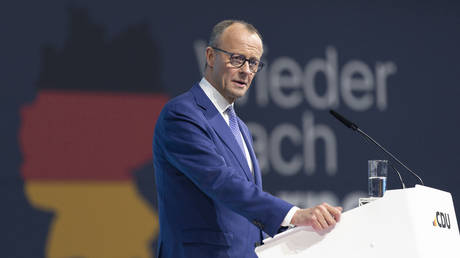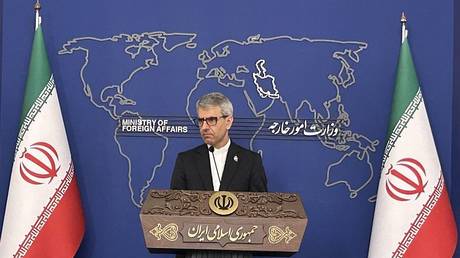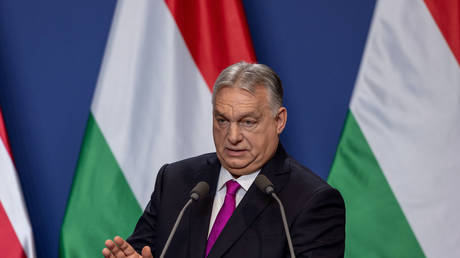
Decades of established transatlantic norms and agreements are now being called into question, the German chancellor has said
The old world order that the West was accustomed to is coming to an end, with the shape of what comes next still uncertain, according to German Chancellor Friedrich Merz.
Speaking on Monday at an economic conference hosted by the Suddeutsche Zeitung newspaper, the chancellor argued that the world is undergoing a fundamental shift in political and economic power, forcing Germany and other nations to decide whether to remain passive or take an active role in shaping a future political order extending far beyond the European continent.
“We do not yet know what it will look like in a few years, but we know quite clearly that the order we have known in the West over the last 80 years, and in the East over the last 35 years, is now coming to an end – on these very days, weeks, and months, today, the day we meet here,” he stated.
The chancellor said “a deep rift” that has recently arisen with the US “calls into question almost everything that we have considered right and necessary in transatlantic relations over the past decades.”
Merz also pointed to the challenges facing Germany, citing the Ukraine conflict, relations with China, and the trade dispute with the US, which he described as being far more complex than a simple tariff disagreement.
READ MORE: West losing its soft power – Merz
The remarks echo the chancellor’s earlier statements that the West is losing its global eminence. In October, Merz acknowledged that the “appeal of what we call the free West is visibly declining.”
Russian President Vladimir Putin has consistently highlighted the inevitability of a “multipolar world,” criticizing the West for its “unipolarity” and hegemonic ambitions. He has also stressed that “liberal globalization has outlived its usefulness.”




